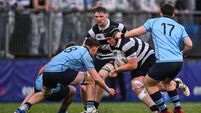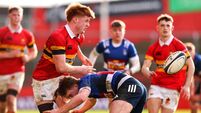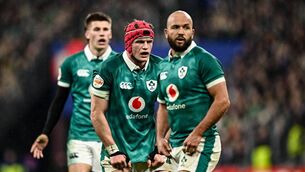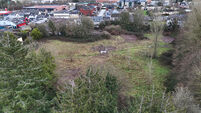After an electric night at Páirc Uí Chaoimh, what's next for the people's stadium?
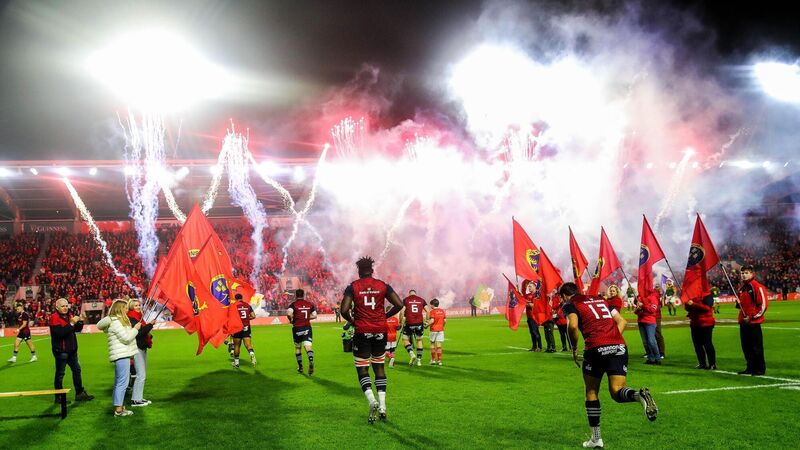
OH WHAT A NIGHT: Munster’s Antoine Frisch takes to the field. Pic: INPHO/Ryan Byrne
WHEN Cork’s Páirc ui Chaoimh stadium waited this long to host a Munster rugby match, it seems a tad impolite to ask what’s next, but such was the frisson down the Marina Thursday night, one feels a sense of obligation to the future.
Streaming crowds converging from trafficked byways, dazzling floodlights, the hum reeked of occasion. On another hemisphere, they watched, impressed as a buzzed-up Munster bounded into a 14-point first-half lead courtesy of Cork’s Daly and Zebo with a helping hand from Tipperary’s Barron.





